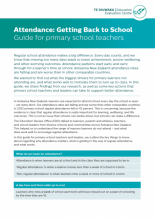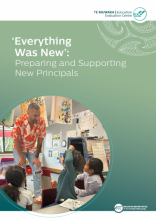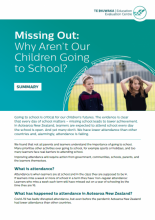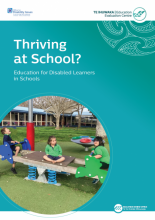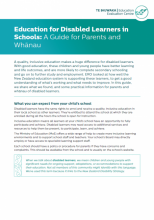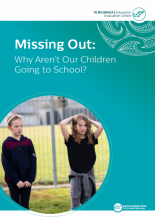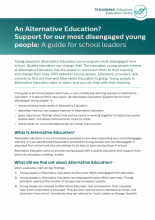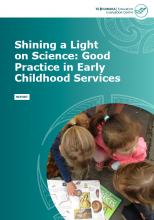Attendance - Getting back to school: Guide for primary school teachers
We wanted to find out what the biggest drivers for primary learners not attending are, and what works well to motivate them to turn up to class. In this guide, we share findings from our research, as well as some key actions that primary school teachers and leaders can take to support better attendance.
